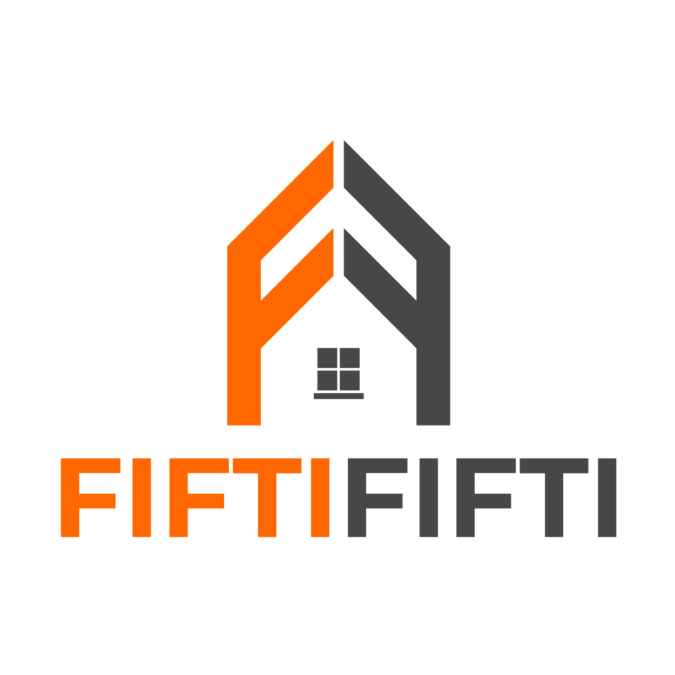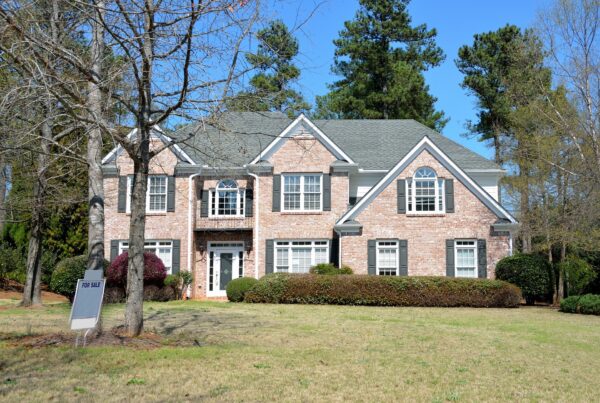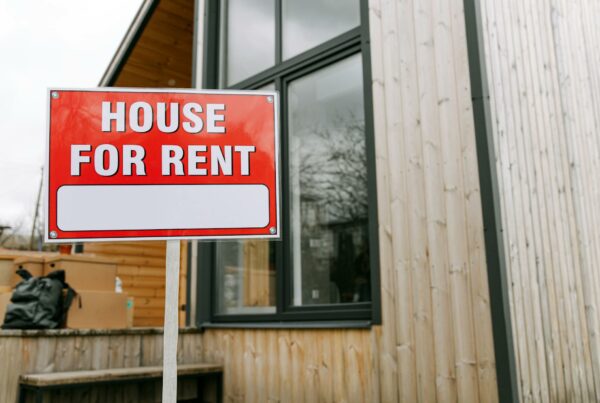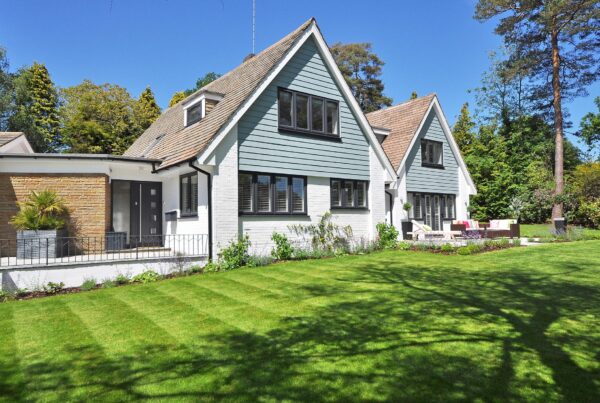Last Updated on December 12, 2023
Custom home building offers a unique living space that aligns with your style, preferences, and needs. However, it requires meticulous planning and thoughtful consideration. Whether you’re embarking on your first custom home project or looking to improve your past experiences, this blog post will highlight the seven essential considerations when planning a custom home.
Establish Your Budget
Establishing a realistic budget for your custom home is crucial for bringing your dream home to life. Assess your financial situation, consult professionals, and determine your investment capacity. Consider savings, income, and long-term goals. Account for additional costs like architectural design fees, permit fees, landscaping expenses, and unforeseen construction challenges. Create a contingency buffer to navigate unexpected circumstances.
Work with builders and design professionals to identify cost-saving opportunities. Revisit and reevaluate your budget periodically, maintaining open communication. Adjustments may be necessary as new information or design choices evolve.
Determine Your Priorities
Identifying your priorities is crucial when planning a custom home. Consider your desired space, such as living areas or private retreats, the kitchen with high-end appliances, counter space, and a well-designed layout. Consider the ideal location for your home office and your unique interests, such as a home gym or personal library.
This will provide a clear roadmap for design and construction phases, ensuring essential elements are incorporated. Communicate your priorities to your custom home builder and work together to transform your vision into reality. Remember, your dream home should reflect your personality and preferences, so let it guide you on the journey.
Select the Right Location
When planning a custom home, consider factors like proximity to schools, work, and amenities, as well as the ambiance and neighborhood feel. Explore different neighborhoods to find the right ambiance that aligns with your lifestyle. Research local development plans and assess potential changes to ensure long-term value. Align with long-term goals and lifestyle by considering proximity to family, recreational activities, and community vibe.
Work With a Reputable Custom Home Builder
To find a reputable custom home builder, conduct thorough research, read reviews, check their portfolio, assess their expertise, open communication, ask questions, and establish a strong working relationship. Check their portfolio for quality workmanship, attention to detail, and aesthetics, and ensure their expertise aligns with your preferences and expectations.
Establish a strong working relationship with a builder who understands your vision, listens to your ideas, and offers valuable suggestions for a smooth and enjoyable building experience. Reputable builders like Excel Builders ensure your vision is in capable hands, leading to a home that exceeds your expectations.
Focus on Energy Efficiency
Incorporating energy efficiency into your custom home is essential for reducing carbon footprint and achieving long-term cost savings. Sustainable solutions, such as solar panels, high-efficiency appliances, and proper insulation, contribute to a more sustainable future and combat climate change. Smart home technology, such as thermostats, lighting systems, and automated window shades, can also help maintain comfortable indoor temperatures.
Your builder can guide you through the process and maximize energy-saving potential. By embracing energy efficiency, choosing energy-efficient appliances, prioritizing insulation, and integrating smart home technology, your custom home will become a sanctuary for you and your loved ones, promoting responsible living for future generations.
Plan for Future Needs
When designing a custom home, it is essential to consider future needs and potential family growth. This will help save on renovation costs and ensure a functional living space that adapts to changes. Consider factors such as family size, remote work requirements, and specific hobbies or activities. Designing a well-designed workspace can enhance productivity and create a conducive environment for professional pursuits. Allocating space for art studios, music rooms, or exercise areas can allow for freedom in these areas.
Considering future needs ensures that your custom home remains functional and adaptable for years to come. Designing a living space that evolves with you and your family allows for flexibility and adaptability. Choose versatile spaces that can serve multiple purposes, such as a guest room that can double as a home office or playroom. Opt for an open floor plan that allows for easy reconfiguration as needs evolve.
Obtain Necessary Permits and Approvals
To ensure a smooth custom home construction process, navigate the regulatory landscape, obtain permits and approvals, and follow inspections and compliance. Familiarize yourself with local regulations, consult with builders, determine permits, submit accurate documentation, engage with authorities, allow sufficient time, and follow inspections. This ensures safety, quality, and longevity, protecting your investment.
Ensure Your Custom Home Meets Your Needs
A custom home planning process involves the above aspects to ensure a space that reflects your vision and lifestyle, while also considering future needs like family growth, remote work, and hobbies.





